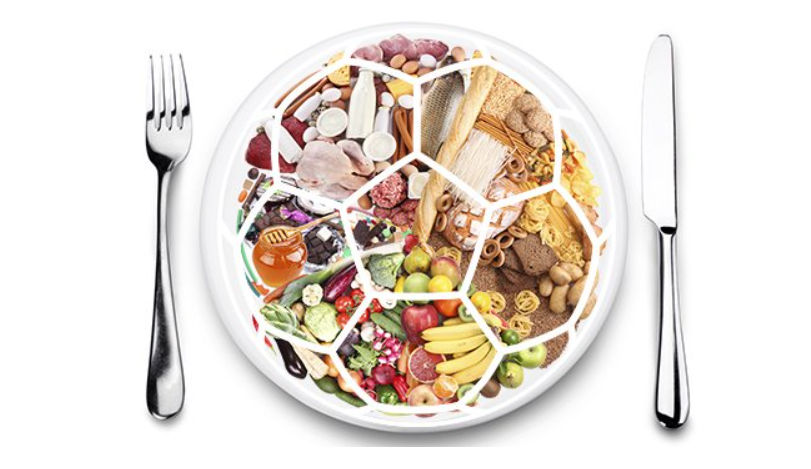Nutrition Essentials for Young Soccer Players
February 5, 2024

In the world of youth soccer, physical training and skill development are often the primary focus for players and coaches alike. However, an equally crucial aspect of a young athlete's success on the field is their nutrition. Proper nutrition fuels the body for peak performance, supports growth and development, and aids in recovery. Here's a comprehensive guide on nutrition essentials for young soccer players, drawing insights from GoldCleats Global Inc., a leader in youth soccer development.
Balanced Diet: The Foundation
A balanced diet is key for young soccer players. It should include a variety of foods to ensure they get a wide range of nutrients. The diet should consist of:
- Carbohydrates: The primary fuel source for high-intensity sports like soccer. Whole grains, fruits, vegetables, and legumes should be staples.
- Proteins: Essential for muscle repair and growth. Include lean meats, fish, dairy, and plant-based sources like beans and lentils.
- Fats: Needed for long-term energy, brain health, and nutrient absorption. Focus on healthy fats from avocados, nuts, seeds, and fish.
- Vitamins and Minerals: Crucial for energy production, bone health, and immune function. A varied diet full of colorful fruits and vegetables can cover these needs.
Hydration: More Than Just Water
Hydration is critical, especially during training and matches. Water is fundamental, but young athletes also lose electrolytes (such as sodium, potassium, and magnesium) through sweat. Replenishing these is vital for maintaining balance and preventing dehydration. In some cases, especially during extended play or in hot conditions, a sports drink might be necessary to replace lost electrolytes and provide quick energy.
Timing: Fueling and Recovery
- Before Training/Matches: Meals should be rich in complex carbohydrates for sustained energy release. A moderate amount of protein and low in fat to ensure it's digested in time. Meals should be consumed 2-3 hours before activity.
- During Activity: For activities longer than an hour, consuming carbohydrates can help maintain energy levels. This can be through sports drinks, fruits, or carbohydrate gels.
- Post-Activity: Recovery starts with nutrition. Consuming a mix of carbohydrates and protein within 30 minutes after exercise can help replenish energy stores and aid in muscle recovery.
In Practice
GoldCleats Global Inc. emphasizes the importance of a player-first approach, recognizing that nutrition is a cornerstone of player development. Integrating nutritional guidance into training programs ensures that young athletes not only perform their best on the field but also develop healthy habits that will benefit them throughout their lives.
In conclusion, nutrition for young soccer players is about more than just eating healthy. It's about fueling their bodies for peak performance, supporting their growth, and instilling lifelong healthy eating habits. By focusing on a balanced diet, staying hydrated, and timing their meals and snacks correctly, young athletes can set the foundation for success both on and off the field.
